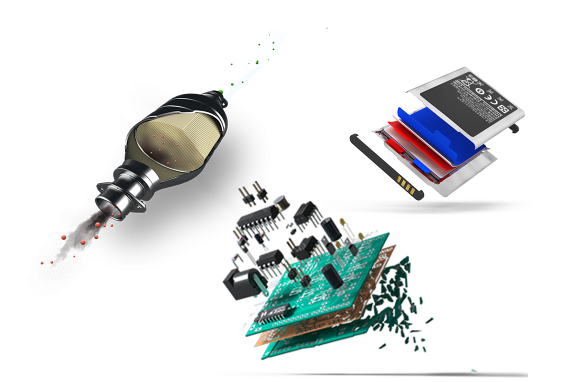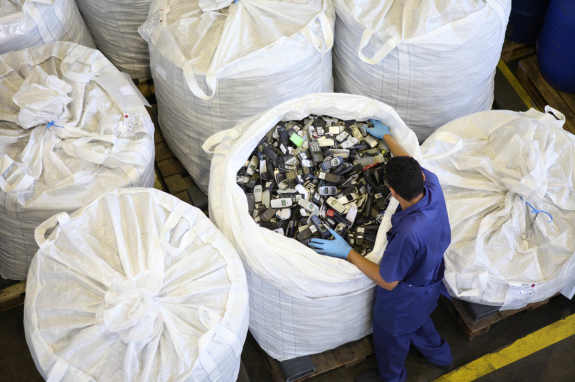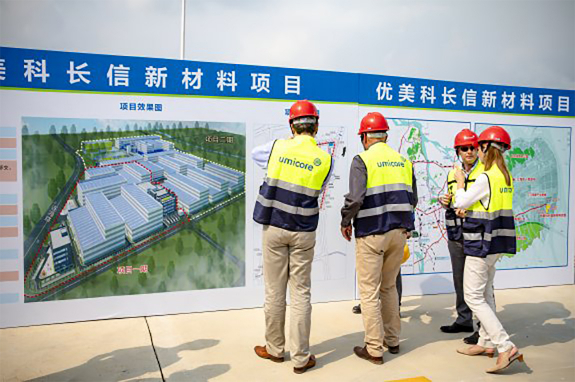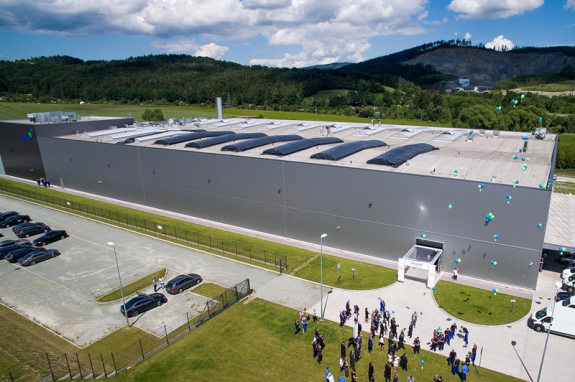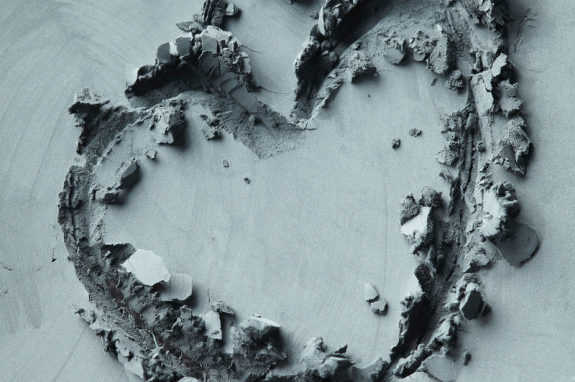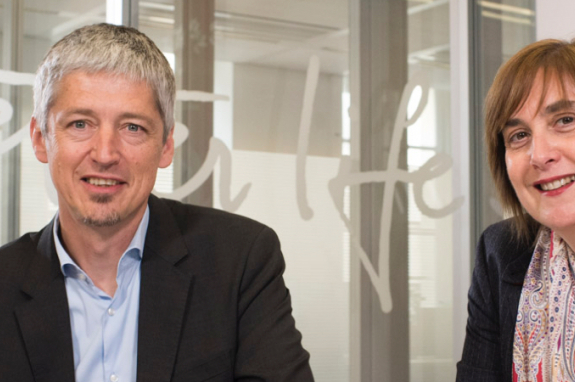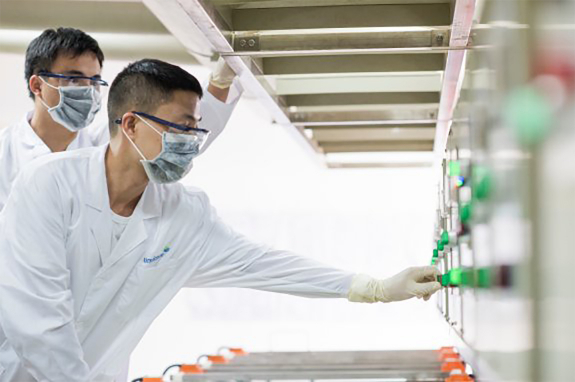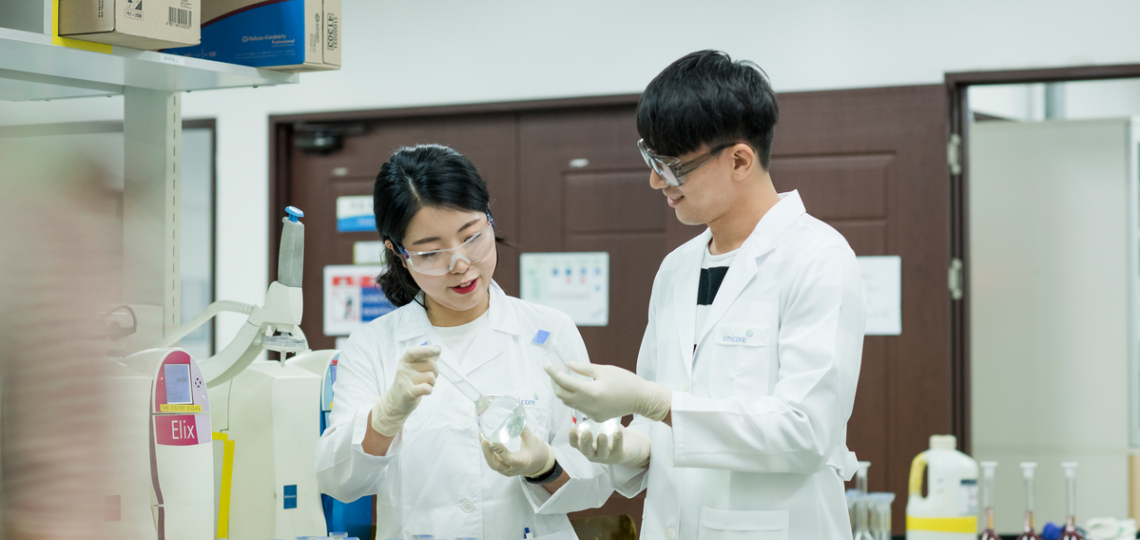
Sustainable products & services
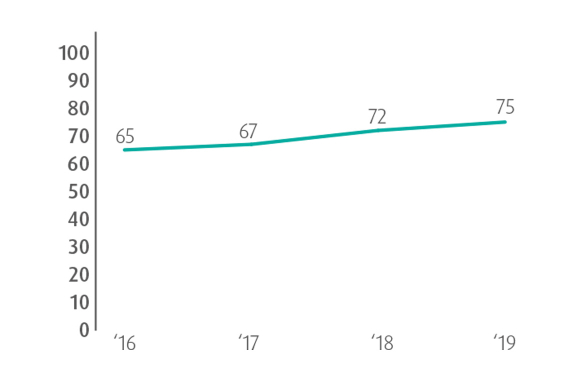
%
Umicore’s Horizon 2020 objective is to generate further competitive advantage through the development of products that have specific sustainability benefits.
Our primary focus is on activities that provide solutions for clean mobility and resource scarcity.
In 2019, 75% of Group revenues were from activities that deliver products or services that are directly linked to clean mobility or recycling, up from 72% in 2018. Many of the materials and services making up the remaining 25% of revenues provide answers to specific societal needs such as improved connectivity (materials for high quality glass, displays) or reduced energy consumption (materials for use in energy- efficient lighting such as LEDs).
To be a preferred sustainable supplier, we work directly with our customers to meet their environmental requirements and disclose our own performance and ambitions. In recent years, some customers have opted for a third party sustainable supplier assessment. For these customers, Umicore discloses to the Carbon Disclosure Project (CDP). Umicore has fully monitored and reported on emissions since 1999 and included reduction targets in our strategic approach in 2010. We delivered emissions reductions beyond our targets then, and today are committed to continuous improvement of our environmental performance even as we continue to grow through 2020.
To support our ambition to turn sustainability into a greater competitive advantage, it is essential to develop a full understanding of the impact that our products have on the world and use it as a lever for improving the footprint of our products and services.
At Umicore, the business units work with corporate EHS on life cycle assessments (LCA) to identify the environmental impact of their products and services and set a baseline against which improvements can be measured. We share our learning and participate in association-driven efforts, such as those of the Nickel Institute, the International Platinum Association and the Cobalt Institute.
In 2019 we performed an LCA on our cathode materials and had our data verified by a third party. Using the opportunities identified in this new robust data, Umicore can leverage our unique combination of materials chemistry, energy mix and raw and recycled materials for improved overall environmental impact and a lower-carbon mobility. Umicore will continue to develop selective products and services that have specific sustainability benefits and answer the growing sustainability needs of our clients.
An LCA study we published in 2015 revealed that the global warming potential of germanium extracted from recycled sources is significantly lower than that of primary germanium sources. The Umicore ElectroOptic Materials (EOM) business unit was determined to maximize its sustainable germanium supply. For years EOM has been successful in offering germanium recycling services to its customer base, who return germanium-containing waste streams to Umicore for reprocessing into new products.
In 2019 the EOM team harnessed the closed- loop model by installing state-of-the-art Umicore technology at selected customers’ facilities.
Onsite germanium recycling provides significant financial and environmental advantages in terms of avoided sourcing and shipping costs and impact, in addition to increased resource efficiency. This type of innovation, which requires a close collaboration between multidisciplinary teams, will increase Umicore’s growing sustainable germanium supply in the years to come.
We develop specific sustainability solutions for our products and their applications by working closely with customers.
In 2019, Audi and Umicore successfully completed the test phase of a strategic research partnership, having successfully recovered over 90% of the cobalt and nickel in Audi e-tron high-voltage batteries. In the second phase of this project, we will cooperate on a closed loop for cobalt and nickel. The recovered materials will be used in new battery cells.

